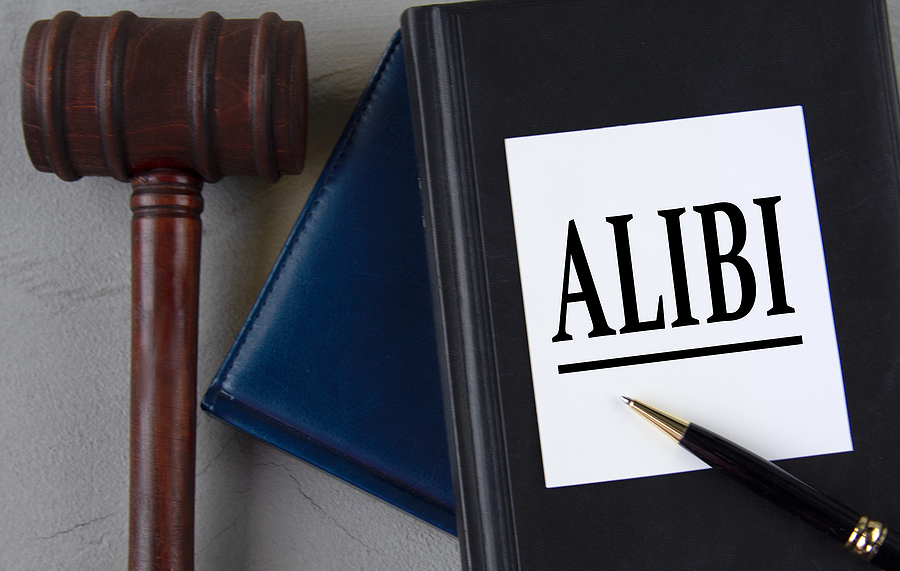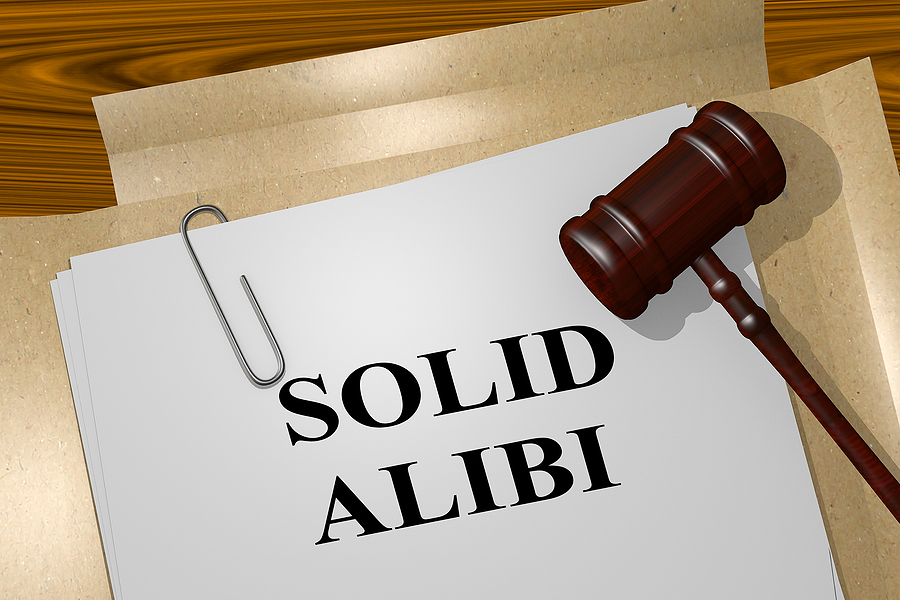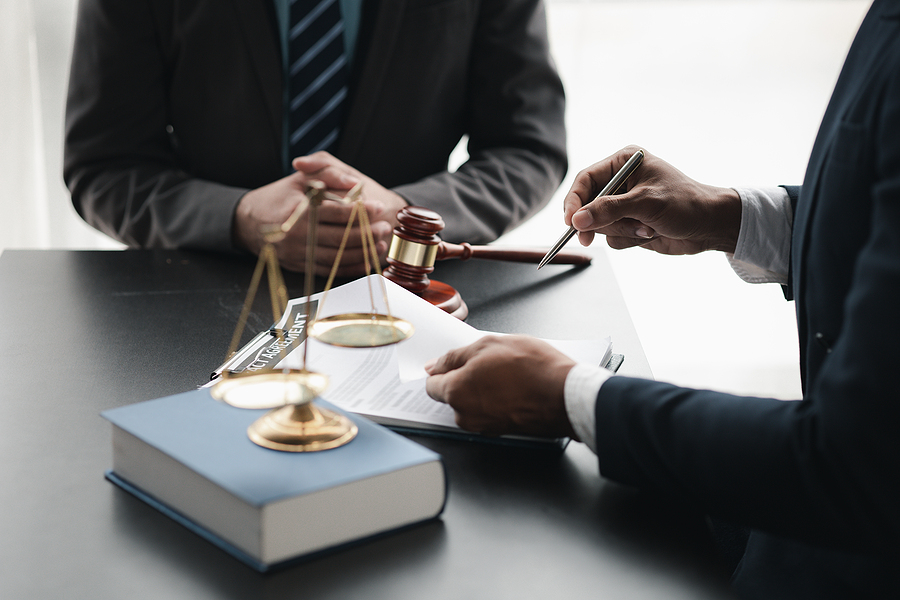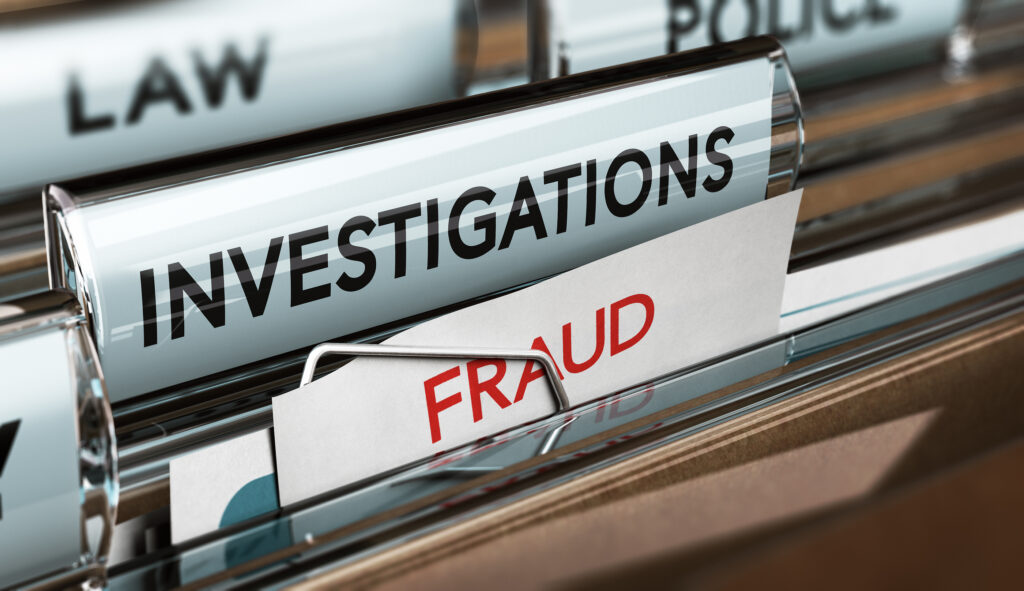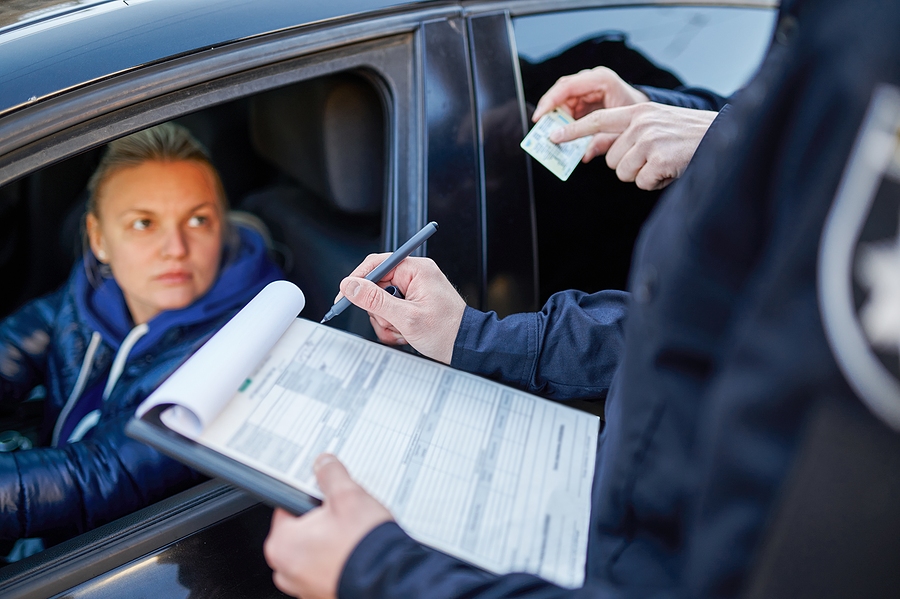In the complex world of criminal law, few concepts are as misunderstood and fraught with nuances as coercion. Coercion, as it relates to criminal cases, manifests in a myriad of ways, often blurring the lines between guilt and innocence. It’s a critical topic that commands our attention as it encroaches upon the fundamental principles of justice and fairness.
In this blog post, we will seek to demystify coercion, delve into its implications within the realm of criminal law, and shed light on the potential ramifications of coercion charges. Our aim is to provide you with an insightful narrative that amplifies your understanding of this topic and its significance in the criminal justice system.
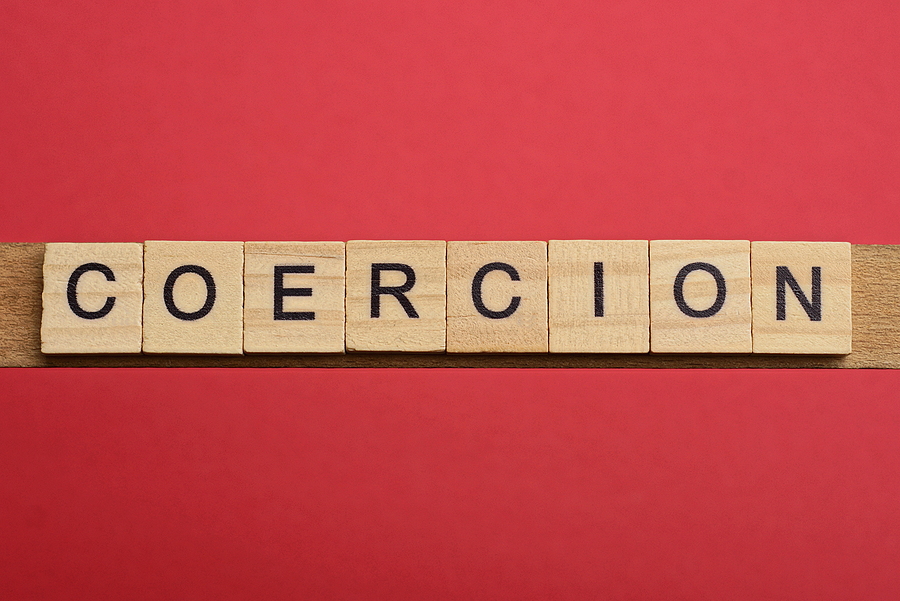
What is the Coercion Definition?
Coercion is a concept that has been around since antiquated law and government, but its definition and application have evolved over time. Generally speaking, coercion involves the use of physical or psychological force to compel someone into taking an action against their will. More specifically, according to U.S. law, it is defined as “the use or threatened use of unlawful force upon any person which induces him or her to do an act against his or her will.” The implications of such a charge vary greatly from case to case, as the circumstances and definition of coercive behavior may differ based on applicable laws in different jurisdictions.
How Coercion Applies to Criminal Cases
In criminal cases, coercion is often used as evidence of guilt. Prosecutors may argue that a defendant coerced someone into providing false testimony or otherwise participating in a criminal act. This type of coercion is referred to as witness tampering, and it can be extremely difficult for the defense to prove that no coercion occurred. In addition, certain types of intimidation or threats may also constitute coercive behavior, making it difficult for defendants to defend themselves against such charges.
Types of Coercion
It is important to note that coercion does not always involve physical violence or threats. In certain cases, coercion can take the form of manipulation or psychological coercion, which is far less obvious than physical force. Manipulation through lies and deception may be used to convince someone to act in a particular way—even if they don’t want to do so. This type of coercion is often difficult to detect and even harder to prove, making it a powerful tool for prosecutors seeking to prove their case.
In Summary
In summary, coercive behavior has the potential to significantly alter the course of a criminal case, as it can be used as evidence of guilt and lead to significant repercussions if found to be true. As such, it is important for defendants and other parties involved in criminal cases to understand the implications of coercion and how it may affect the outcome of their case. If you’re facing coercion charges in Indiana, it’s crucial to understand the possible penalties you may be up against.
Coercion is a serious offense that can lead to severe consequences. If convicted, your sentence may include jail time, hefty fines, or probation. The final punishment depends on the severity of your actions, evidence presented in court, and the presiding judge’s discretion. Coercion is not something anyone should take lightly, and legal consequences are no exception. So, it’s essential to hire a competent attorney to assist you in building the most persuasive defense possible, given the weight of the charges.
Remember, if you are accused of coercion, it’s essential to make sure that your rights are protected under Indiana law to get the best possible outcome. Contact Attorney David E. Lewis at 317-636-7514 to speak with a seasoned criminal defense lawyer in Indianapolis, Indiana. Our law firm will get you the best possible outcome to your probation violation!
Related Posts:
Can I Get Arrested for Threatening Someone?
What is the Difference Between Aggravating and Mitigating Factors?
FAQS About Felonies, Misdemeanors, and Infractions

